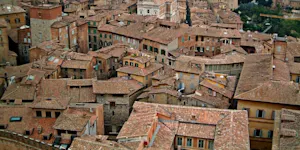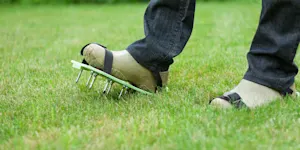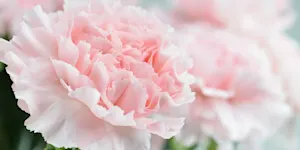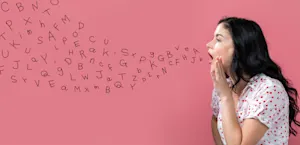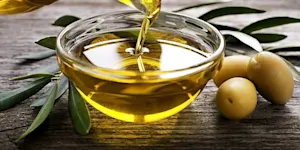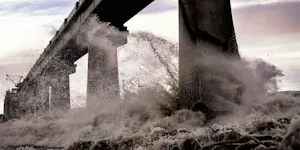What Makes This Word Tick
"Wane" is a beautifully concise word that describes the gradual process of something diminishing in size, strength, or intensity. Imagine the moon slowly disappearing from its full glory to a slender crescent — that’s "wane" in action. The word carries a gentle progression, more like the fading glow of twilight than a sudden blackout.
If Wane Were a Person…
If "wane" stepped off the page and into a dinner party, it would be the suave guest who quietly exits just as the evening's crescendo fades. Not one for grand farewells or boisterous hellos, they'd prefer to leave an impression of subtle elegance. You'd recall them fondly once they've gone.
How This Word Has Changed Over Time
While its core meaning of decline or decrease has remained steady, "wane" has evolved beyond its original astronomical roots. Once mostly used to describe the moon’s phases, it now elegantly drifts into describing emotions, fortunes, and even trends. From moonlit nights to the stock market — "wane" finds its spot in various contexts.
Old Sayings and Proverbs That Use Wane
It might not head-line many proverbs, but "wane" undoubtedly casts its shadow on sayings about changing fortunes or love’s diminishing flame. Something akin to "All good things must come to an end" carries the spirit of waning, where the inevitable decline is acknowledged with a nod to natural rhythms.
Surprising Facts About Wane
Did you know the word "wane" shares a linguistic lineage with "want" and "vain"? They all point to a lack or decline of something. “Wane” is also part of the charmingly poetic duo "wax and wane," capturing the cyclical nature of growth and decline often seen in nature and life.
Out and About With This Word
In our daily lives, "wane" might describe the ebbing of enthusiasm for a new hobby or the gentle fading of a once-vibrant summer garden as autumn sets in. It's the word that lets us express these quiet transitions without too much drama — just a nod to time's passage.
Pop Culture Moments Where Wane Was Used
While "wane" might not headline pop lyrics or movie titles, it often finds a place in songs and literature that explore themes of change and the passage of time. Legendary musicians and poets use it to evoke the bittersweet beauty of moments slipping away.
The Word in Literature
In literature, "wane" is a favorite for depicting fading beauty, love, or power. It's a word that perfectly suits the elegiac tones of poets like Keats or the introspective musings of a character reflecting on lost youth or glory.
Moments in History with Wane
The decline of great empires or the fading of societal trends are moments in history where "wane" makes its presence felt. Picture the Roman Empire's prolonged descent or the gradual shift in public opinion during significant cultural revolutions — "wane" aptly captures these transitions.
This Word Around the World
Globally, many cultures have expressions to describe the ebb and flow of life akin to "wane." In some languages, such concepts are tied closely to natural cycles like the changing seasons or lunar phases, underlining our shared human experience of facing decline peacefully.
Where Does It Come From?
"Wane" finds its roots in the Old English "wanian," meaning to lessen, decrease, or diminish. This lineage connects it to other Germanic languages where similar phonetic relatives describe a reduction or loss.
How People Misuse This Word
A common misuse of "wane" involves pairing it with inappropriate contexts that imply abruptness. Remember, "wane" is all about gradual decline, not sudden disappearance. It's better for describing the love that slowly fizzles out, rather than the light switch that suddenly flips off.
Words It’s Often Confused With
Dwindle: While both words mean decrease, "dwindle" often implies a shrinking in numbers, whereas "wane" can apply to less tangible things like moods or prestige.
Fade: This focuses more on visual or sensory reduction, while "wane" embraces broader circumstances.
Decline: Generally more formal, often dealing with power or quality, "decline" lacks the poetic nuance of "wane."
Additional Synonyms and Antonyms
Synonyms for "wane" might include "diminish," "ebb," "recede," or "subside." On the flip side, its antonyms highlight growth or increase, such as "wax," "augment," or "escalate."
Want to Try It Out in a Sentence?
As she watched the autumn leaves gently fall, Clara felt her love for the city wane, making way for the promise of new beginnings elsewhere.

